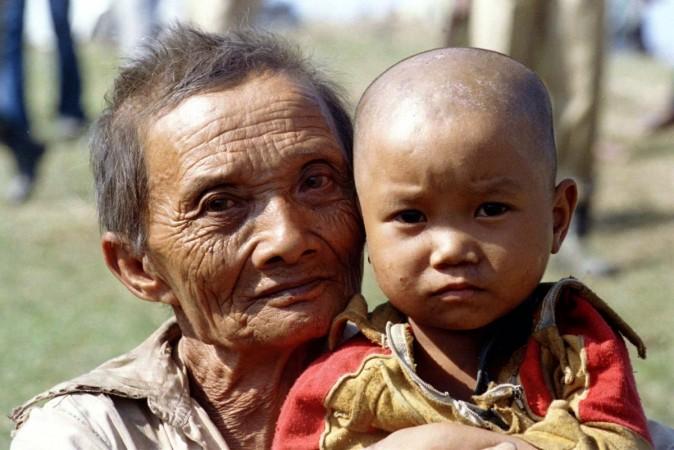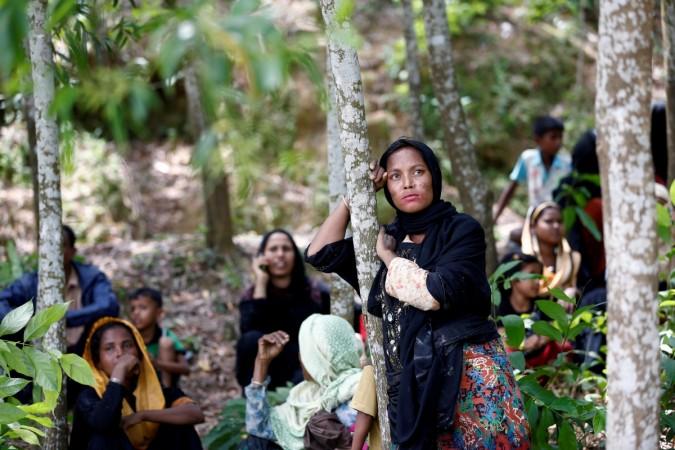Even as the Rohingya refugee crisis is already raging, with India adamant on deporting them to Myanmar, the north-eastern state of Arunachal Pradesh is fighting its own battles. The state has refused to give citizenship to Chakma and Hajong refugees who are known to have fled from the erstwhile East Pakistan in the 1960s.
The tribal state, which has quite a few stringent laws when it comes to people from outside the state, believe that granting citizenship to the refugees violates the constitution that protects them from migrants.
Meanwhile, it is not just the people of the state who have been resisting the influx of migrants and outsiders. Chief Minister Pema Khandu's office too has clearly said that Arunachal Pradesh is not keen on granting citizenship to these refugees as its focus is to protect the residents of the state.
"The chief minister is clear about his strong commitment to protect the sentiments of the indigenous people of Arunachal," the Times of India quoted the CM's office as saying. Additionally, former CM Nabam Tuki too believes that the state is right is trying to protect its people. "Our state has always been steadfast in its opposition to the decisions (granting citizenship to the refugees) of the Centre and the Supreme Court."
Tuki went on to explain that the matter has been a topic of discussion for a while now and was one of the reasons why Gegong Apang quit the Congress and floated his own party. "When I was in power, we challenged the Supreme Court order of 2015 asking the Centre to grant citizenship to the refugees. We filed a special leave petition in the apex court. The All Arunachal Pradesh Students' Union (Aapsu) too filed a curative petition.
"We are protected by the Constitution and any order to grant citizenship to the Chakmas and the Hajongs will go against the Constitution."

Khandu too had recently written to Home Minister Rajnath Singh on the matter and garnered support from Union minister of state for home Kiren Rijiju – also from Arunachal – who said that he would oppose the order.
While this may be Arunachal Pradesh's stand when it comes to the Chakma and Hajong refugees, the state has quite a few rules even when it comes to Indian citizens. For instance, people from outside Arunachal are not permitted to own land in the state and visitors too are required to get Inner Line Permits to enter the state.
Meanwhile, many the Rohingya refugee crisis refuses to die down and India has said that its plans to deport them was in the interest of the nation. Explaining that many Rohingya refugees have links with terror groups such as the Islamic State of Iraq and Syria (ISIS) as well as Pakistan's spy agency ISI, the Centre told the Supreme Court said that the refugees staying in India would be a threat to its security.
"It is a sensitive matter. Whatever government will do, will be in nation's interest," Hindustan Times quoted Minister of State for home affairs Kiren Rijiju as saying before the Supreme Court hearing. "We will mention the same in our affidavit to be submitted in the Supreme Court."

The sentiment has been echoed by Bangladeshi envoy Syed Muazzem Ali who said that the mass exodus of the refugees from Myanmar could be a huge security risk to the northeast.
"I am more concerned about my own region but the presence of Rohingya refugees elsewhere could be a security risk for everybody else. It could be used even in your northeast India," Ali told HT. Ali said that the refugees are currently vulnerable and could easily "fall victim to the various organisations who are trying to destabilise the region."















